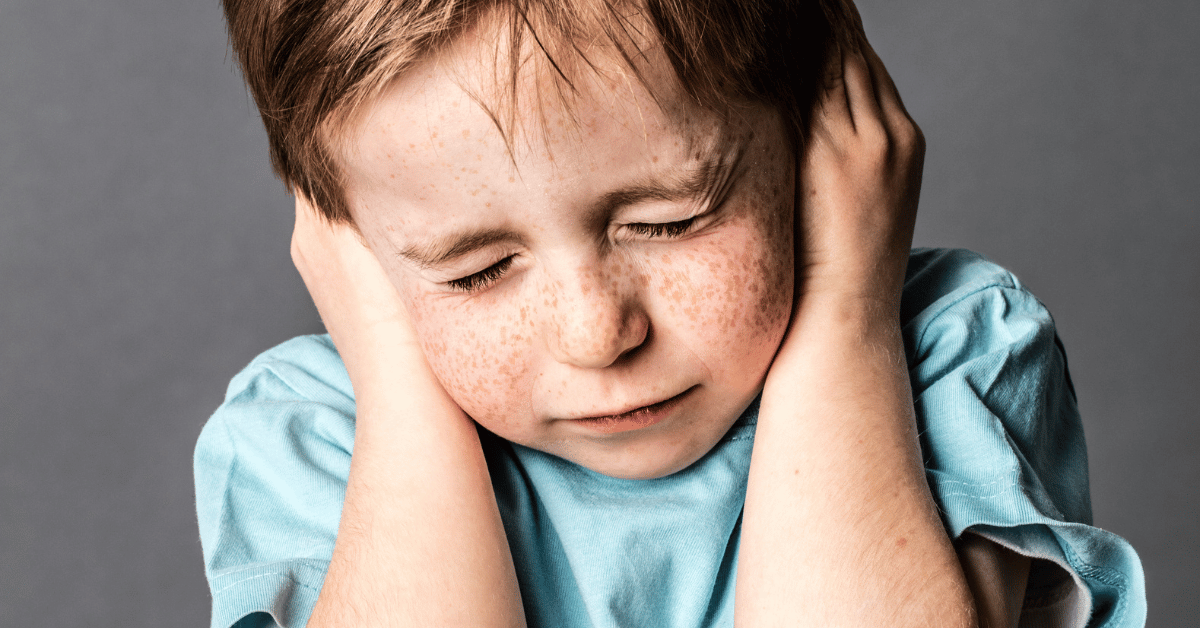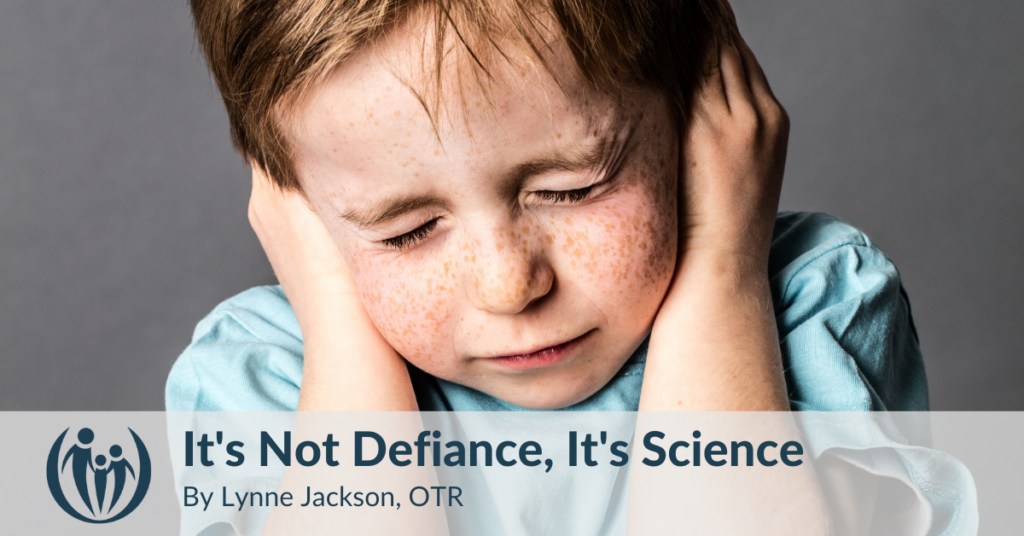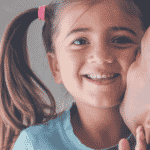
It’s Not Defiance—It’s Science!

Pretty much every kid loves to experiment with chaos: dropping food, smearing things, investigating cupboards or containers, throwing toys — you name it, a toddler has probably gotten into it.
It can be easy to get aggravated when your child gets into yet another mess. But if we expect kids to just stop when we say “stop,” we’re probably not going to get very far.
Why? Because we’re fighting their brains.
Kids are driven by natural curiosity — it’s how they learn. So just telling them “stop” in the face of yet another “science experiment” is going against the push of their brain for them to learn things by doing. And kids are kids — we can’t just snap our fingers and turn them into little adults, because their brains simply aren’t equipped to do that.
Does this mean we’re just stuck with the chaos? No. If parents can address children’s natural curiosity and learning in their response, it will be much more effective (and more peaceful, too!).
So, for example, if a child drops food from his high chair, you say, “Oh, that was so interesting, wasn’t it? But that makes a mess and wastes the food. Let’s drop your ball from the high chair. Watch how high it bounces!”
FREE Sensory Questionnaire
Wondering if your child is a little “extra” curious or seems particularly sensitive & intense? Check out this short questionnaire to learn more about your child!
Or if a child is fixated on the thrill of jumping on the couch, get her a mini-trampoline (or visit a friend who has one).
Or if you have a little explorer who loves to examine and take things apart, assemble a Duplo kit or a box full of fun things for them to investigate and store it in a special cupboard where they are welcome to explore.
When our “budding musicians” were little, pots and pans and a few wooden spoons were stored in an easily accessible cupboard for lots of loud, creative play when they needed to get out some big energy.
The point here is that instead of punishing kids’ brains, we can maintain our authority as parents and prevent powerful struggles while we validate how their brains are built and meet their needs for creative learning.

Do you have a child with EXTRA needs?
Parenting isn’t easy, but when you’ve got an extra INTENSE or SENSITIVE child with big feelings… it’s even harder.
The Sensitive and Intense Kids online course will equip you to parent well, even with these unique kiddos.







